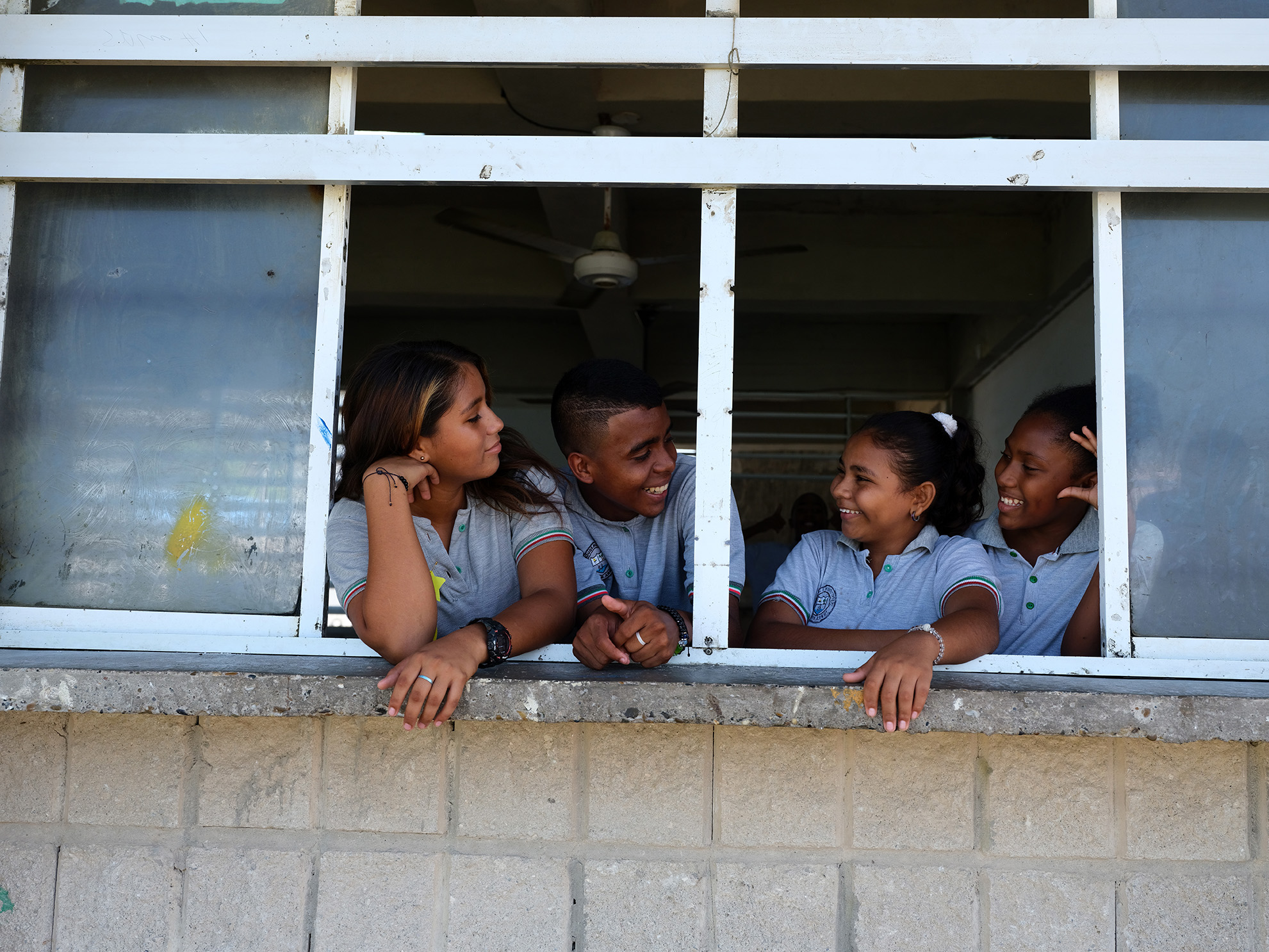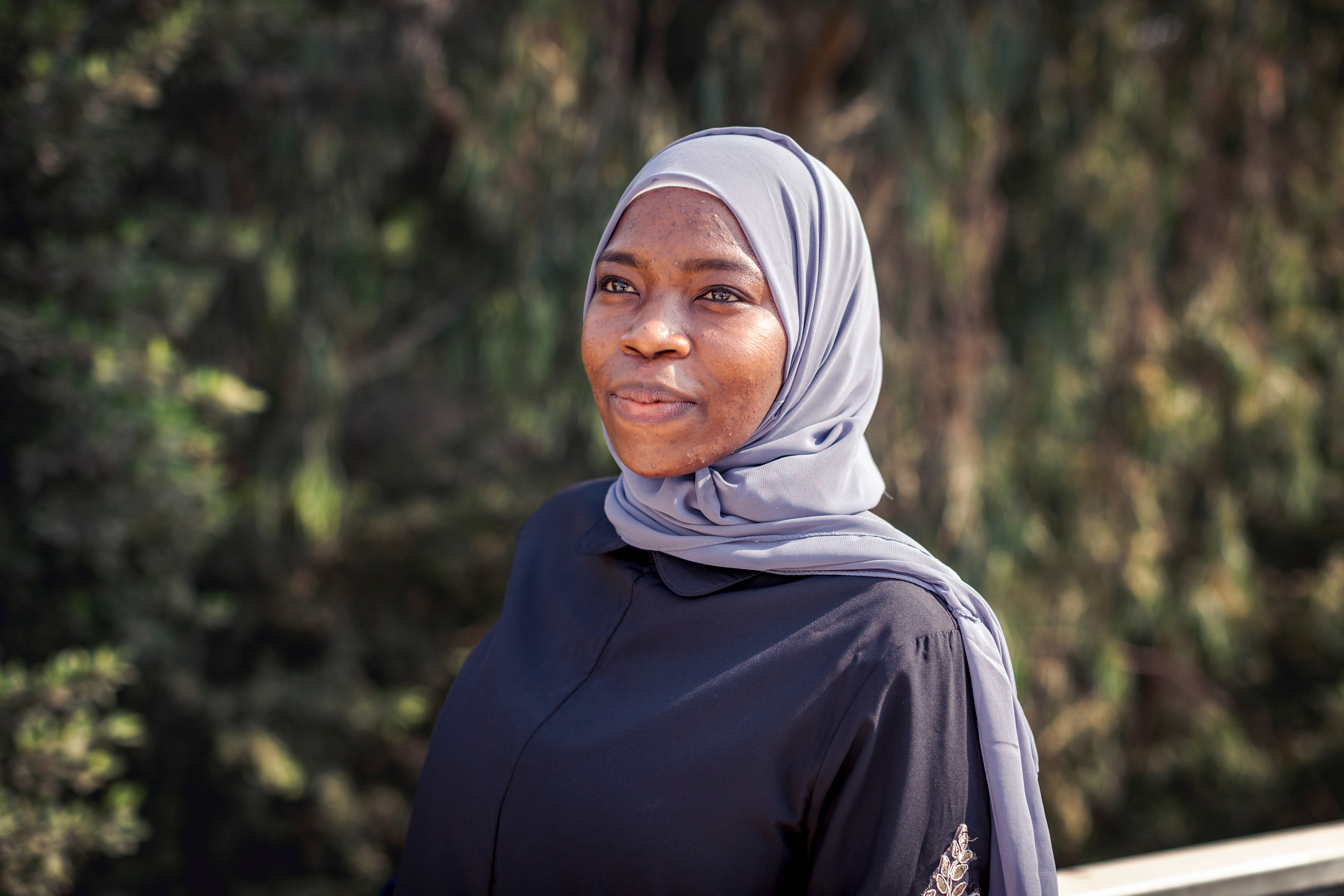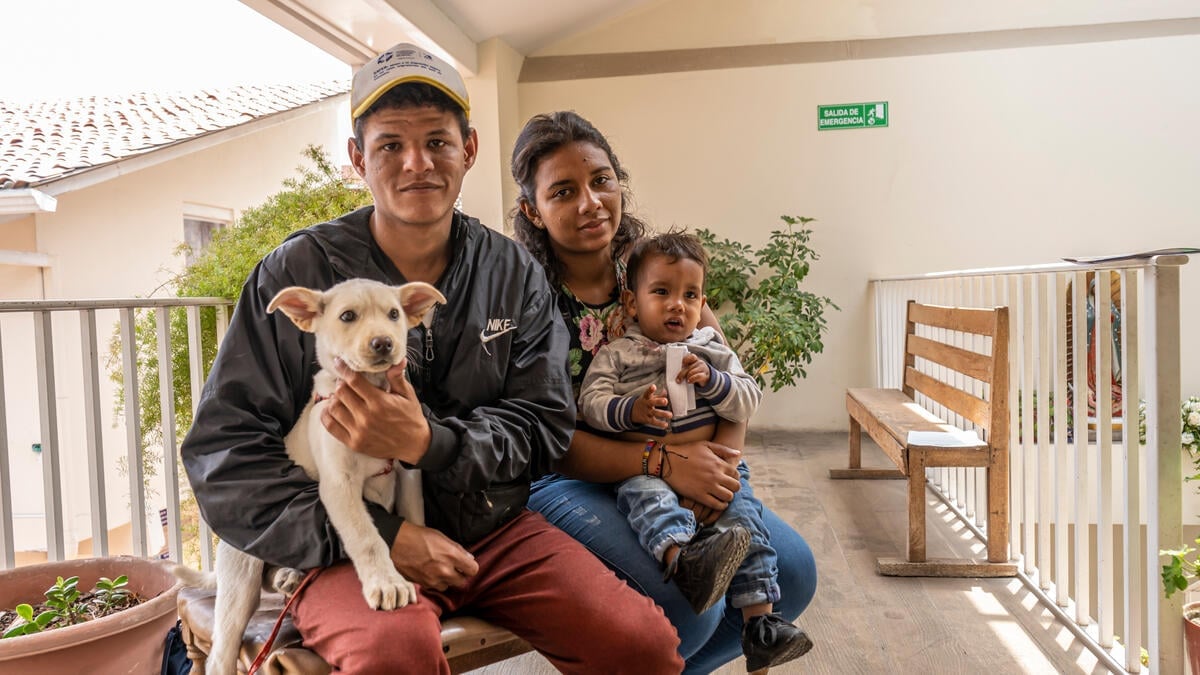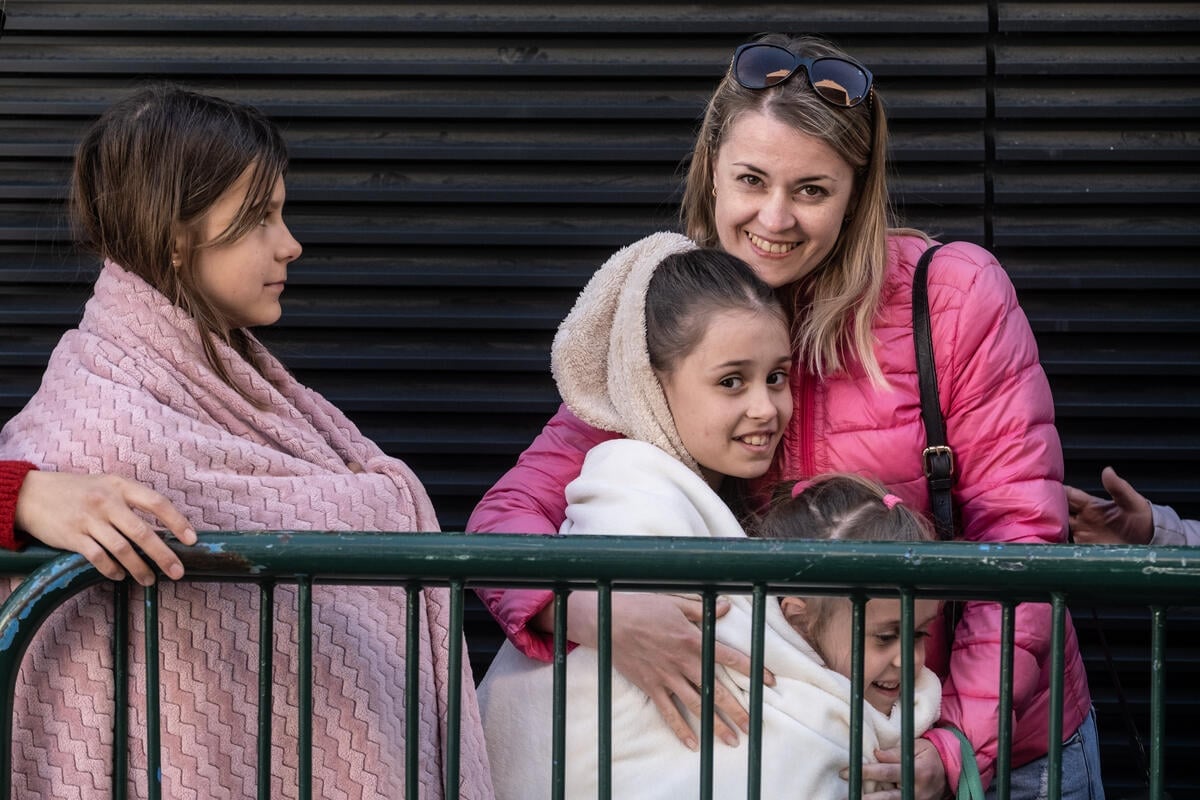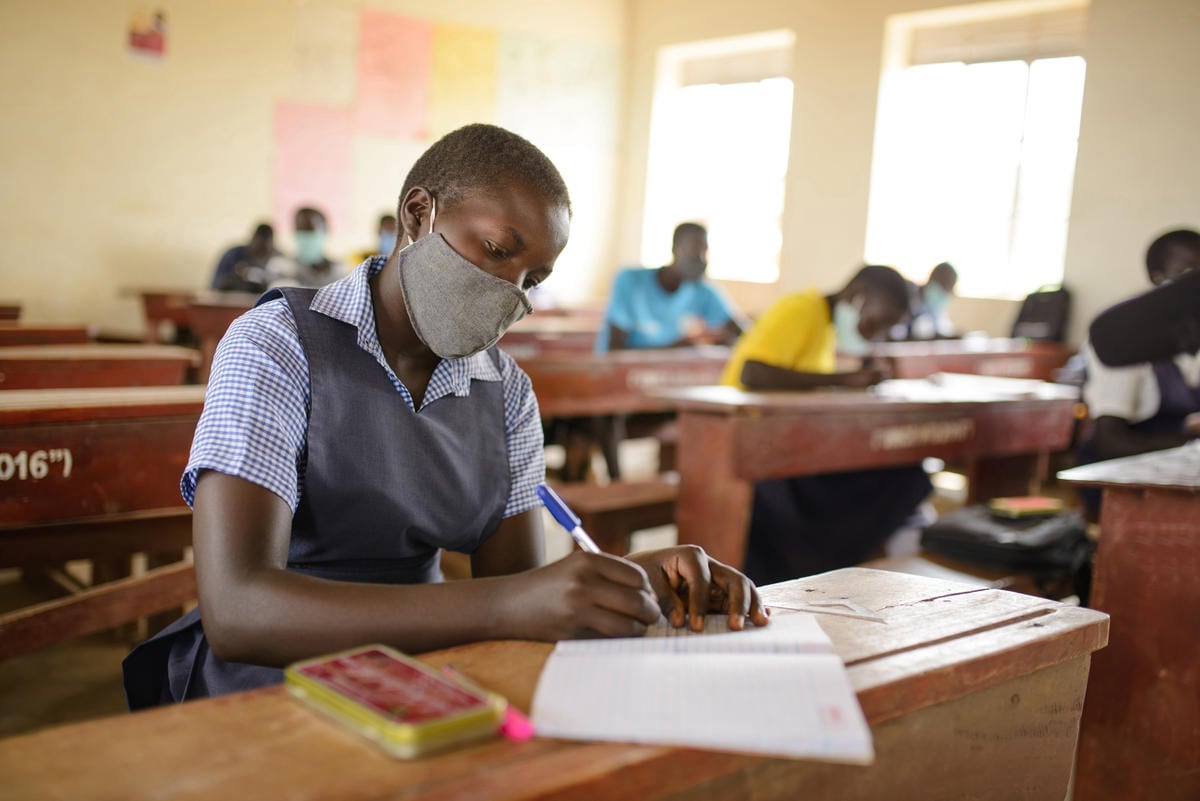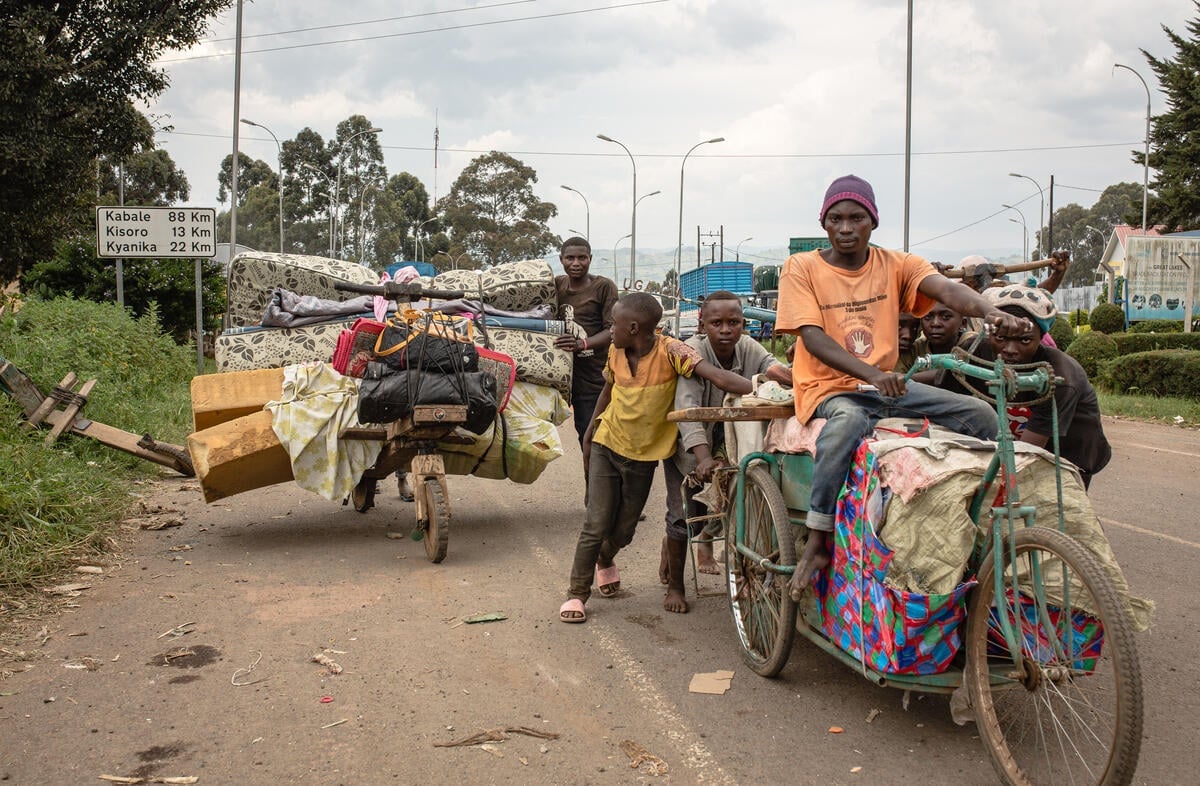UNHCR welcomes Thai decision to expand education for refugees
UNHCR welcomes Thai decision to expand education for refugees

BANGKOK, December 20 (UNHCR) - Over 140,000 refugees from Myanmar living in camps in Thailand are set to benefit from a recent decision by the government to provide broad educational services in the nine camps in the country. UNHCR is delighted by the decision under which the refugees will learn Thai and English as well as vocational skills.
"We are delighted by this enlightened decision, which will make a real and substantial difference to tens of thousands of refugees who are desperate to broaden their educational opportunities," said UNHCR's regional representative based in Bangkok, Hasim Utkan.
Last week, the Thai Education Ministry said it will draft plans to provide broad-spectrum educational services to refugees in the nine government-run camps located along the long western border with Myanmar.
Under the new initiative, which follows ongoing discussions with UNHCR since April, the Thai office of the Non-formal Education Commission will not only provide teachers of Thai, English and occupational skills, but will also provide educational materials such as computers, textbooks, and TV. The programme is expected to start in 2006. Since June 2005, the Thai Education Ministry allocated a budget of US$225,000 for the development of educational programmes. Additional funds of some US$500,000 will be needed for the programme implementation.
Until now, some 45,000 refugee children have been taught a limited curriculum by volunteer refugee teachers, and non-governmental organisations working with very few resources in schools built out of bamboo thatch. Schooling ended after Grade 10. However, refugee opportunities for further education without Thai language skills were extremely limited, leaving many refugee children without higher educational prospects and little to do in the camps. Vocational training has also been very restricted to activities such as candle- and soap-making, weaving, sewing and agricultural projects.
The news of the new education plan reached the refugee camps quickly and gained an initial positive response.
"We have heard this news already, but we don't know the details. It is good news, though. I hope there will be more vocational training, and I think that it would be good to have training of trainers - particularly for sewing, knitting, mechanics, computers, radio repair, solar power, and agriculture, said the chairperson of the Karen Education Committee in Mae La camp.
"We also need to have opportunities for the students that finish grade 10, because our Karen youth have not had the opportunities that others have had, the chairperson added.
The new education programme will allow the refugees to gain skills that will easily allow them to integrate if they are resettled to a third country or allow them to rebuild their lives if and when they return to Myanmar, although prospects of that are currently slim.
This new Thai initiative may also help with prospects of employment for refugees as they wait for the situation to improve in Myanmar and return home. Currently, refugees are not allowed to work in Thailand which is a source of frustration for an energetic refugee population. However, as government is now reconsidering this policy, refugees with Thai language and vocational skills would be able to contribute to the growth of the Thai economy should working restrictions be eased.


